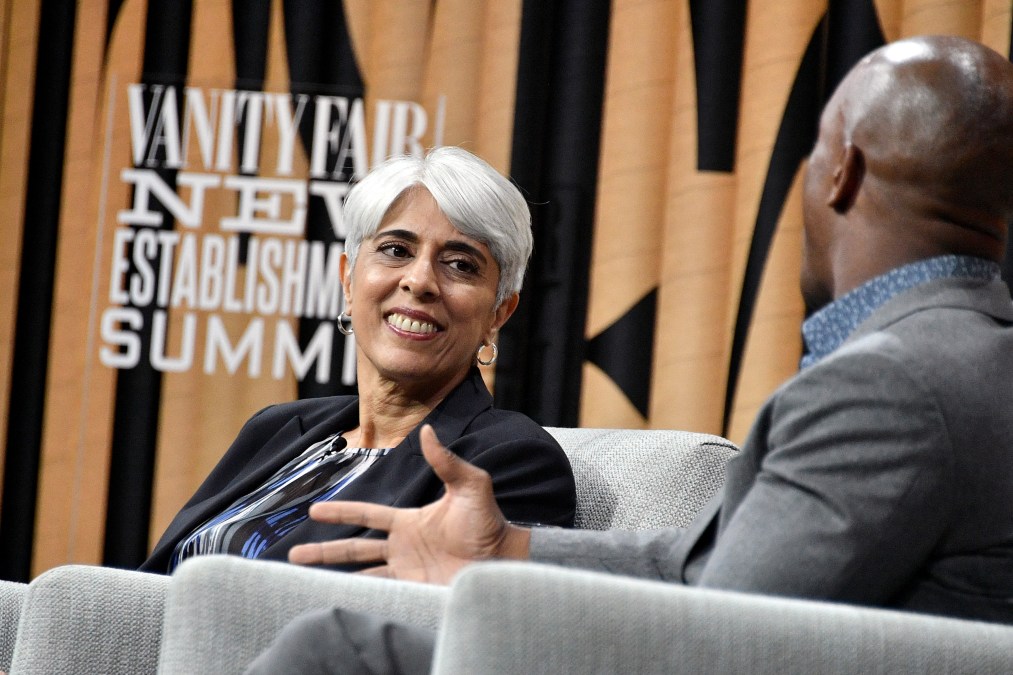Arati Prabhakar confirmed as White House Office of Science and Tech Policy director

The Senate confirmed Arati Prabhakar as Office of Science and Technology Policy director, the first woman of color and immigrant to hold the position, on Thursday.
Prabhakar‘s confirmation came in a largely party-line vote of 56-40 with 10 Republicans voting in favor; Sen. Joe Manchin, D-W. Va., voting against; and four senators not voting.
Senators urged Prabhakar, who previously served as director of the Defense Advanced Research Projects Agency and the National Institute of Standards and Technology, to coordinate agencies’ competing emerging technology priorities during her nomination hearing July 20.
President Biden nominated Prabhakar for the post on June 21 to replace Acting Director Alondra Nelson, who filled the vacancy left by Eric Lander when he resigned over disrespecting and demeaning staff and women, in particular, according to multiple staffers’ accounts.
“The historic bipartisan confirmation of Arati Prabhakar is a testament to her sterling track record of leadership and innovation stewardship, as well as her extensive expertise in science and technology policy,” Nelson said in a statement. “We are thrilled to welcome her to OSTP and begin a bright new chapter.”
Prabhakar joins OSTP at a time when the Biden administration is prioritizing investments in scientific research and development, an equitable STEM ecosystem, climate and energy solutions, U.S. competitiveness in emerging technologies, and economic security.
Sen. Ted Cruz, R-Texas, was among several Republicans who challenged Prabhakar’s lukewarmness to natural gas — citing it as the chief reason for reduced carbon emissions — during her nomination hearings and voted against her. Prabhakar acknowledged the shift away from coal to natural gas played the “biggest role” in electricity decarbonization to date but that the benefit was somewhat offset by the leakage of methane, which needs to be contained, into the atmosphere from its combustion.
Prabhakar was a proponent of the U.S. Innovation and Competition Act, parts of which were included in the recently signed CHIPS and Science Act, including a provision allowing her to now establish a working group coordinating activities in key technology areas like artificial intelligence and quantum computing.
She also believes fundamental research should be conducted openly for the benefit of the research community, while product development and applied work protected from foreign competitors like China.






